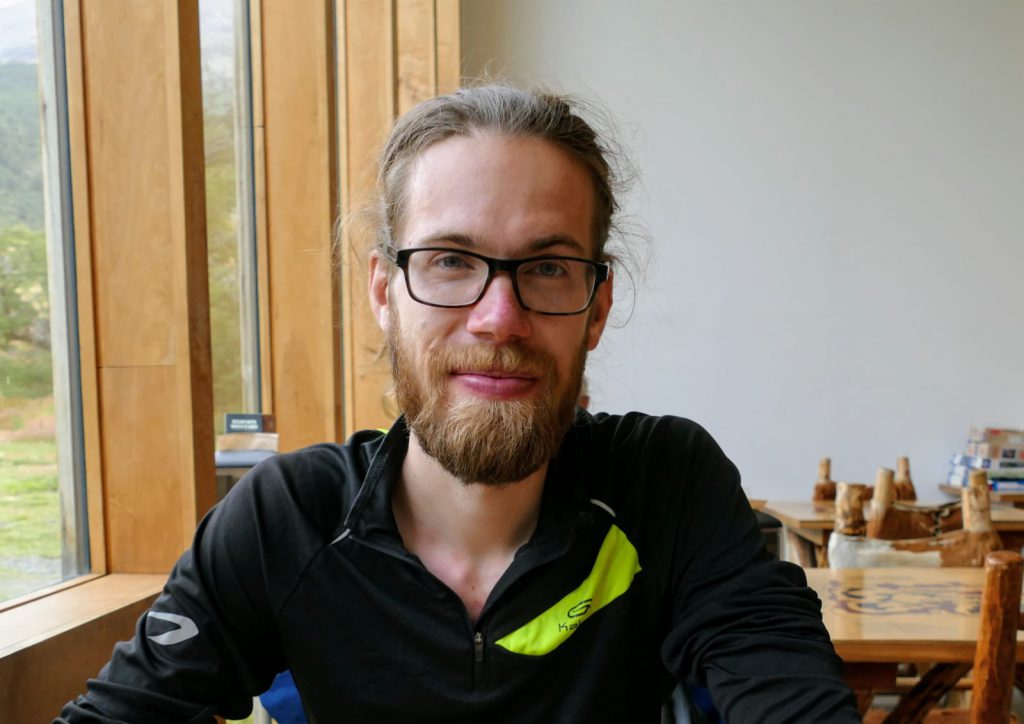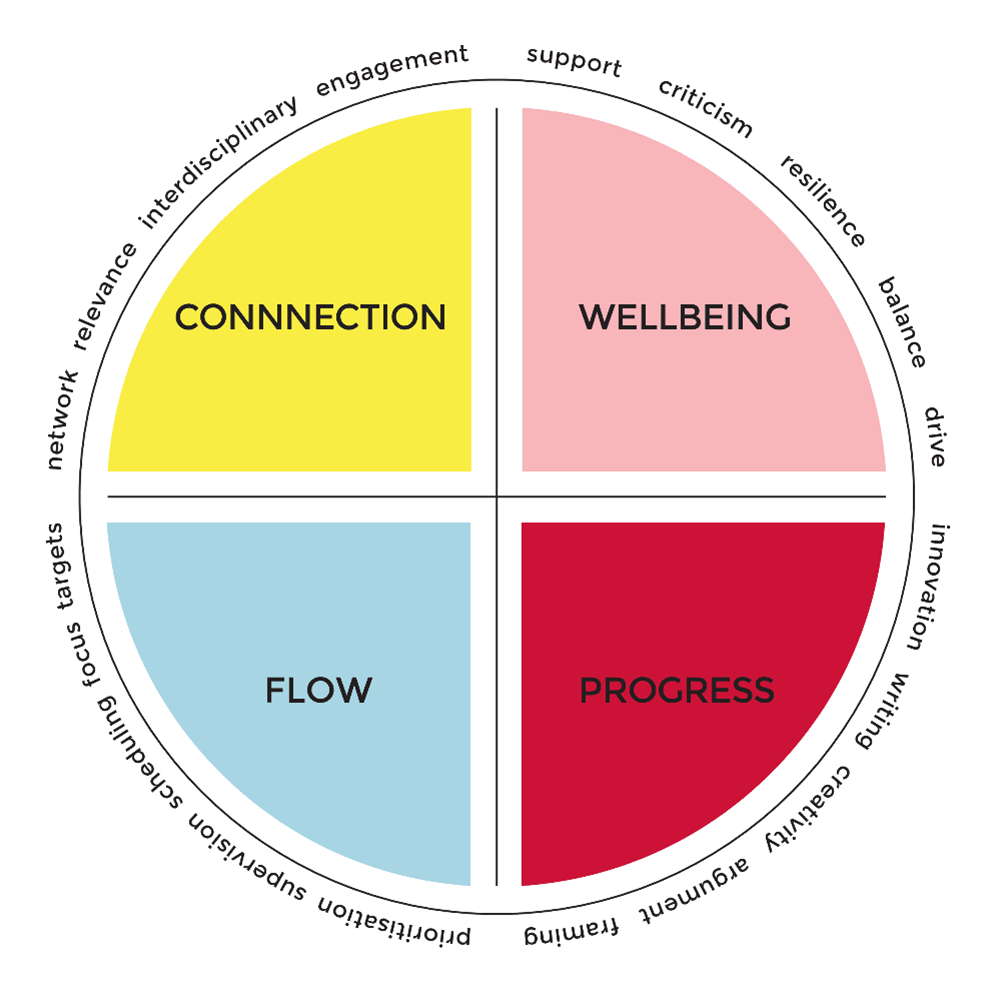Blog post by Dr Nigel Eady, Director of Research Talent, Centre for Doctoral Studies.
I’ve been reading quite a few job applications recently. In some instances, there were people who might perhaps have been a good fit for the role, but really didn’t justify being selected for interview, so I decided to write these quick tips.
- Evidence the competencies required – don’t just repeat the job description back to the employer! Make every word count – show how your prior experiences and education have prepared you for this role.
- Keep your covering letter to a sensible length – 1 side is too short and 4 is def too long! For most roles, 2-3 sides is about right, depending slightly on the level of seniority of the role.
- Use your network – if you’ve got colleagues, former colleagues and friends who know people in the sector you want to move to, then let them know you’re looking for interesting roles. You’ll probably find out about roles much more quickly this way. You might even get recommended to people who are employing.
- Ask for more info – if there’s a contact name on the job ad, then drop them a line before the deadline and ask for a chat. A short conversation will ensure you’re clear on what the role really involves, and therefore whether you’re a good fit or not (though the person you speak to is unlikely to tell you whether to apply – that’s your choice, based on your interests & skills and their match with the role, or not). Who knows what you might find out that’s not 100% clear in the job ad. There might be a particular emphasis that the employer is looking for, perhaps there are even other roles on the horizon that you wouldn’t have known before you picked up the phone.
- Make use of any help available – King’s has a wealth of careers resources, whether you need help with CVs and covering letters or are still trying to work out what you want to do next. Make sure you get some advice so that your application doesn’t miss the mark because you didn’t present yourself in the best possible light. King’s Careers & Employability provide resources for applications and interviews for researchers, available through KEATS here, and you will find online workshops to support you as a researcher through King’s CareerConnect.
- Help your assessors – make it really easy for the people assessing your application to put you forward for interview. Consider what they’re looking for. Evidence is a given (see 1), but also make your letter easy to read (normal size, readable font, well formatted letter) and not so long that you’ve set your assessor against you before they’ve started reading (see 2). If you’re aiming for a significant change in field, explain why and what you’re already doing to ensure that gap doesn’t mean you’re a poor fit for the role. The assessors will need to see your motivation for this change – what have you done that you can write about, to understand the new field, organisation or role?
- Avoid jargon – most sectors have their own jargon, and there may be some words and phrases you need to include, as they show you know the area. However, an application needs to be easy to read. Avoid acronyms if you possibly can. Your assessor probably doesn’t know, or need to know, the structures and hierarchies where you work now.
If you bear all these in mind, you’re giving yourself a good chance of getting over the first hurdle, and being invited to interview. All the very best for your job applications.






